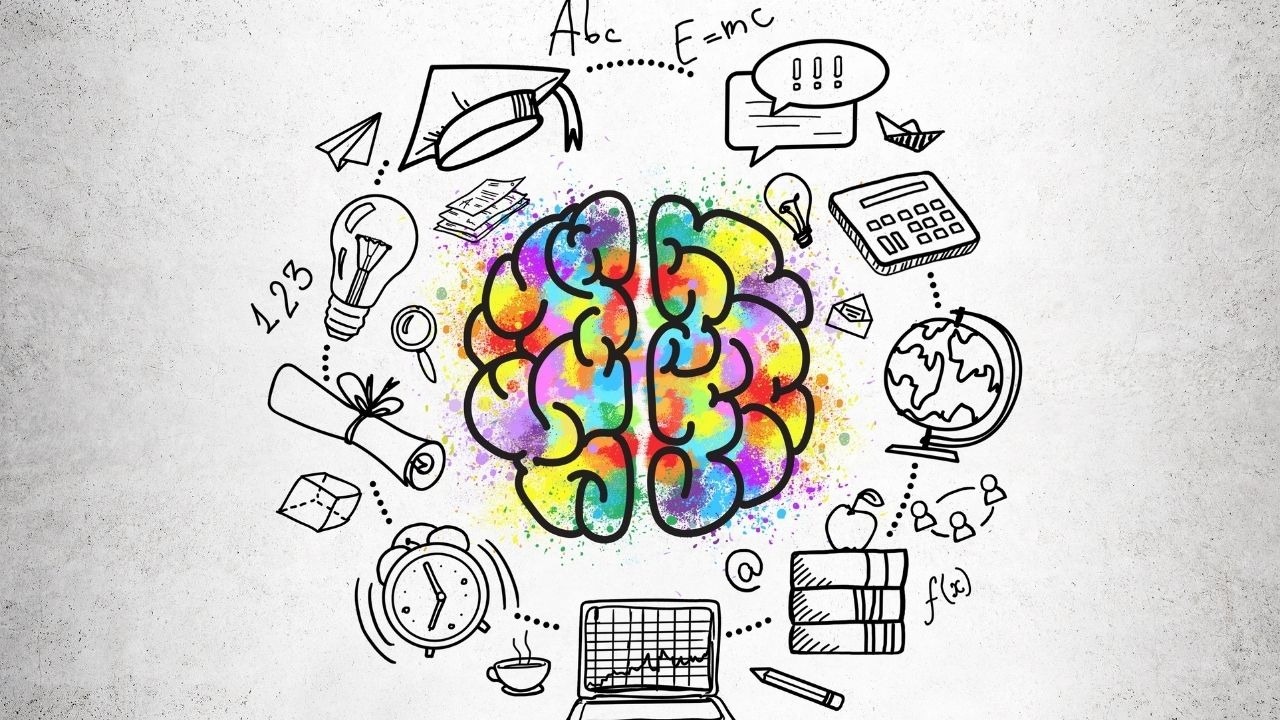Historically, Driving Under the Influence DUI offenses have been primarily addressed through a punitive lens. Legal consequences like license suspension, fines, and even jail time were seen as deterrents. However, a growing body of research and a shift in societal priorities have led to a crucial change – the rise of DUI education and counseling programs. This movement marks a significant step away from punishment as the sole solution, and towards a more comprehensive approach that prioritizes prevention and rehabilitation. DUI education programs provide participants with critical knowledge about the dangers of impaired driving. These programs typically cover topics such as the effects of alcohol and drugs on the body and brain, the legal consequences of DUIs, and strategies for making responsible choices. By understanding the physical and legal ramifications of their actions, individuals are empowered to make safer decisions behind the wheel. Furthermore, DUI education programs often delve deeper, exploring the underlying reasons behind an individual’s decision to drive under the influence.

They may address topics such as alcohol abuse, peer pressure, and poor coping mechanisms. By uncovering these factors, the program can equip participants with tools to manage their behavior and reduce their risk of future offenses. DUI counseling goes beyond education, providing personalized support and guidance. Therapists or counselors work with individuals to address any underlying substance abuse issues, develop coping skills for managing cravings, and create relapse prevention plans. This one-on-one approach allows for a deeper exploration of the root causes of the DUI and a tailored plan for long-term change. The effectiveness of these programs is demonstrably higher than solely punitive measures. Studies have shown that individuals who complete DUI education and counseling programs are significantly less likely to be repeat offenders. This translates to a decrease in DUI-related accidents, injuries, and fatalities on the roads, ultimately safeguarding the lives of both drivers and the public.
The shift towards DUI education and counseling also reflects a growing societal concern for rehabilitation over retribution. While punishment serves an important role in holding offenders accountable, it does not necessarily address the underlying issues that led to the offense. By providing individuals with the tools and support they need to address their behavior, these programs aim to break the cycle of addiction and promote lasting change. This approach not only benefits individuals but also fosters a safer and more responsible driving culture. When individuals understand the gravity of their actions and are equipped with the resources to make different choices, they become role models for responsible behavior. This can have a ripple effect, influencing friends, family, and the wider community to prioritize safe driving practices and click here for more info. Of course, the effectiveness of DUI education and counseling programs relies heavily on their quality and accessibility. Programs should be evidence-based, utilizing effective teaching methods and qualified instructors. Additionally, ensuring affordability and easy access to these programs is crucial for maximizing their impact.